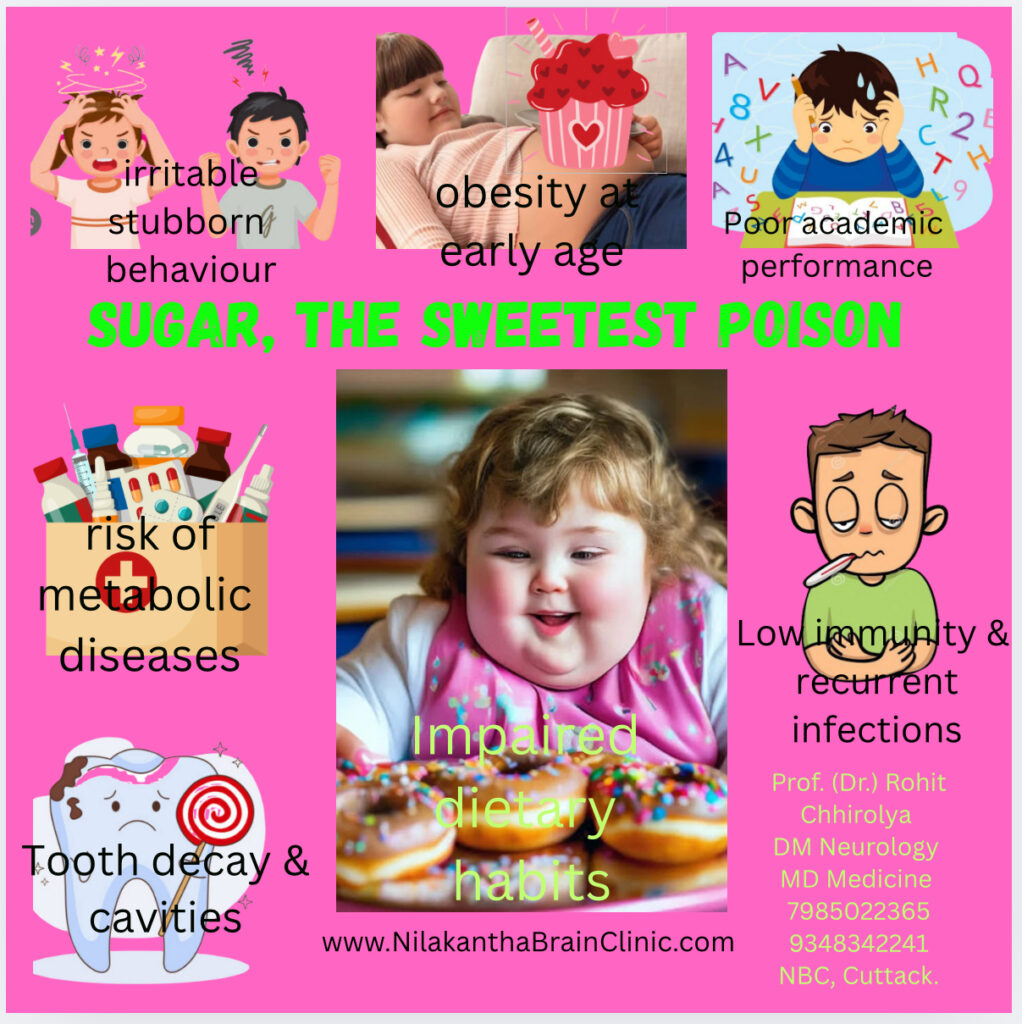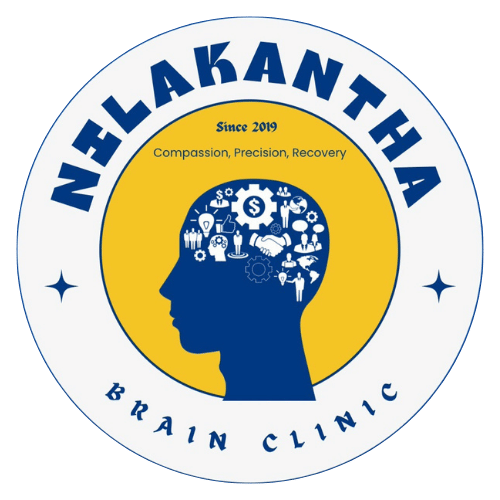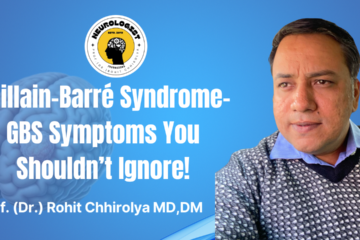Sugar Effects on Children: Neurological Risks & Healthy Alternatives | Dr. Rohit Chhirolya
Excessive sugar consumption in children isn’t just a dietary issue—it’s a silent neurological health crisis causing Sugar Effects on Children: Neurological Risks & Healthy Alternatives | Dr. Rohit Chhirolya. While sweet treats may seem harmless, mounting research reveals how sugar acts as slow poisoning, damaging developing nervous systems and cognitive function. In this comprehensive guide, Prof. (Dr.) Rohit Chhirolya MD, DM, highlights how excessive sugar intake acts like a poison to kids’ health and brain development, providing actionable advice for parents and caregivers.

1. Why Kids Crave Sugar: The Hidden Trap
- Biological wiring: Innate preference for sweetness.
- Food industry tactics: Hidden sugars in 74% of packaged foods (cereals, yogurts, sauces).
- Social reinforcement: Treats as rewards at parties/schools.
2. Daily Sugar Limits: How Much Is Safe?
| Age Group | WHO Recommended Limit | Average Intake |
|---|---|---|
| 2-6 years | 20g (5 tsp) | 48g |
| 7-12 years | 25g (6 tsp) | 65g |
| Source: WHO Guidelines |
- WHO recommends limiting added sugar to no more than 5–10% of daily calories (~20–50g for kids).
- However, average intake far exceeds: studies show many kids consume 65–100g per day, often starting early.
3. Health Consequences of Excessive Sugar: Sugar effects on children

3.1 Obesity & Diabetes
Insulin resistance risk ↑ 112% in high-sugar diets. Sugar suppresses white blood cells by 40% for 5+ hours post-consumption.
Excess sugar contributes to rapid weight gain, insulin resistance, and potentially type 2 diabetes.
Children with high sugar diets often show metabolic syndrome markers in adolescence.

3.2 Dental Catastrophe
Sugar + bacteria = acid eroding enamel (causes 92% of childhood cavities).
Sugar is a leading cause of tooth decay—mixes with oral bacteria to form acid that demineralizes enamel.
Children with high sugar diets often show metabolic syndrome markers in adolescence.

3.3 Weakened Immunity
- Diets rich in added sugars can weaken immune defenses, leading to more frequent illnesses.
4. Neurological Impact: Sugar’s Silent War on the Brain

4.1 Brain Development Sabotage
Ages 0-6: High sugar ↓ neuroplasticity & neurite growth.
Vital years: ages 0–6 see rapid neural growth. High-sugar diets can impair neurite extension and neuroplasticity, affecting memory and learning.
4.2 Blood Sugar Rollercoaster
Spikes → hyperactivity; crashes → irritability & poor focus.
Sugar causes rapid rises in blood glucose followed by crashes, leading to irritability, poor attention span, and mood regulation issues.
4.3 ADHD & Learning Disorders

Sugar ↑ ADHD symptoms by 35% (Journal of Pediatrics, 2024).
Research links excessive sugar with worsened ADHD symptoms and declines in executive functioning and working memory.
4.4 Long-Term Cognitive Decline
Early high sugar intake linked to ↑ dementia risk later.
Persistent high sugar intake may increase risk of neurodegenerative changes later in life, including early cognitive decline and metabolic impact on brain cells.
5. Prevention Strategies: Action Plan for Parents
Swap This → For That
| Avoid | Choose Instead |
|---|---|
| Sugary cereals | Oats + berries |
| Fruit juice | Water + citrus slices |
| Cookies | Almonds + dark chocolate |
5-Step Sugar Audit
- Scan labels for hidden sugars (maltose, dextrose).
- Serve protein/fiber-rich snacks.
- Make water the default drink.
- Use non-food rewards (stickers, playtime).
- Involve kids in meal prep.

6. Prevention & Management Strategies to reduce sugar effects on children
6.1 Diet & Household Habits
Replace sugary snacks with fresh fruits, nuts, yogurt.
Choose whole-grain snacks over processed sweets.
Read labels—watch for hidden sugars like maltose, dextrose, corn syrup.
6.2 Establishing Routine
- Maintain regular meal and snack times.
- Provide balanced macronutrients to stabilize blood sugar.
- Offer water or infused-healthy drinks instead of juice or soda.
6.3 Education & Involvement: About sugar effects on children

- Teach kids where sugar hides—label decoding as a fun chat.
- Involve kids in preparing healthy snacks.
- Encourage open conversations about food choices, not restrictive rules.
6.4 Collaborate with Schools : To control sugar effects on children
- Work with teachers to reduce sugar in school lunches and treats.
- Promote classroom juice-free initiatives or water-only rewards.
6.5 When to Seek Help to control sugar effects on children
Consult a child neurologist if your child shows:
Hyperactivity after sugary foods
Declining grades or focus
Unexplained weight gain
Persistent behavioral changes, weight concerns, or dental issues.
A professional like Prof. Rohit Chhirolya MD, DM can assess neurological risks & impact on child brain and suggest tailored plans.
7. Dr. Chhirolya’s Final Warning about sugar effects on children
“Sugar in fruits? Natural. But added sugars in snacks and drinks? They’re neurological poison – corroding focus, mood, and IQ. Protect your child’s future: act today.”
- Sugar in small doses is natural and delightful. But the modern sugar load on our kids? That’s far from benign. It’s a stealth toxin—affecting weight, immunity, mood—and yes, brain wiring.
- Promote healthy sugar habits from day one. Early action leads to lifelong well-being and strong nervous systems.
Parent’s Quick Action Checklist : Related to how sugar effects on children
- Audit pantry for hidden sugars.
- Check your child’s daily sugar intake.
- Replace soda with infused water.
- Swap sugary drinks for water or diluted fruit infusions.
- Plan 3 sugar-free snacks this week.
- Discuss healthy swaps with teachers.
- Book a pediatric neurology consult.
- Keep sweets occasional—not everyday.
- Focus on balanced meals with fiber, protein and healthy fats.
- Involve and empower children to learn about healthy eating.
- Consult a pediatric neurologist / physician for personalized guidance.
Summary : How sugar effects on children
Excessive sugar is slow poisoning – eroding children’s bodies, brains, and futures. Sugar is more than an obvious health risk, how sugar effects on children —it’s a silent assault on children’s developing bodies and brains & it acts as slow form of silent poisoning in kid’s body. Under the guidance of Prof. (Dr.) Rohit Chhirolya, managing and reducing sugar intake becomes a proactive step in protecting kids’ health, cognitive development, and long-term success. A small change today—like saying “yes” to fruit, and “no” to sugar bombs—pays dividends in vibrant, sharp, resilient children tomorrow. With insights from Prof. (Dr.) Rohit Chhirolya, you hold the power to shield your child. Start today: swap one sugary item for a brain-boosting alternative.
Special thanks to Dr. Amita Verma MD, DM Nephrologist for valuable insight & amendments in this blog.
For Appointment:
📞 Call: 7985022365 | 9348342241
🏥 Nilakantha Brain Clinic, Cuttack
🌐 www.nilakanthabrainclinic.com


